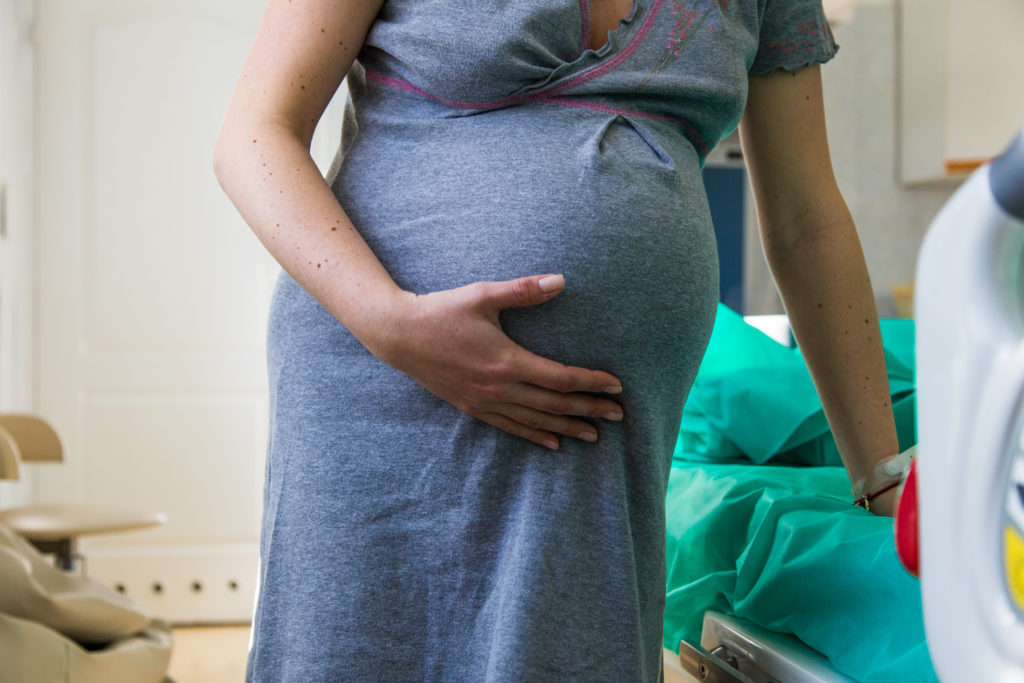Perinatal Depression

Written by Candace Inge
We hear so much about Postpartum Depression, or PPD, and a little about Postpartum Psychosis but who has ever heard of Perinatal Depression? Probably not a lot of us.
What is often described as such a joyous time, can actually be quite challenging. Pregnancy may not have come easy for you; you may have even required some sort of medical intervention to get pregnant. The first trimester often means morning sickness, which for some lasts all day everyday. Bottom line, while yes, pregnancy is a beautiful miracle, it is not easy and it can trigger symptoms of depression and anxiety, especially if that was something you already struggled with pre-pregnancy.
What is Perinatal Depression?:
By definition it is depression in pregnancy or around childbirth. Studies have shown that more than 13% of women suffer from perinatal depression but very few women are actually diagnosed or treated. Treatment can include, but is not limited to: seeing a therapist, seeing a marriage counselor (because yes, this can be tough on your spouse as well), herbal remedies, exercise routines, breathing exercises, and medications.
It is important to always consult your doctor or midwife before starting any new herbal remedies or medications as not all of them are deemed safe during pregnancy, while others are safe after the first trimester. Not all exercises are suited for an individual during pregnancy either. Consult your doctor or midwife before beginning a new routine, and always listen to your body.
Signs and Symptoms:
Some of the most common signs and symptoms or depression are as follows:
Extreme Fatigue
Irritability
Loss of interest in things you usually find pleasurable
Insomnia or excessive sleeping
Feeling worthless or helpless
Suicidal thoughts or actions
Effects of Perinatal Depression:
Perinatal depression can cause negative medical and psychological issues for mother and her unborn baby.
Mother: The health and psychological issues caused by perinatal depression can increase by the inability, or feeling unable to follow your doctors medical advice. Examples: a poor diet, lack of exercise, and poor sleep can worsen both your mental and physical health.
Baby: Not treating perinatal depression has been known to hinder the development of the fetus, cause low birth rates, and even preterm labor. This does not happen with every case but it is something to keep in mind if you think you are suffering from perinatal depression.
Be Honest:
There is such a feeling of guilt associated with perinatal depression but there shouldn’t be. It is a very real condition that many women struggle with. Be open and honest with your partner and care providers about how you are feeling. Talk to a friend you trust because they may have had the same struggles with their pregnancy. The only way to break down the stigmas and be sure women and their unborn babies are getting the best care is to advocate for ourselves and one another. If your care provider isn’t hearing you and your symptoms, do not be afraid to see someone else. You are stronger than your depression!
Support Groups:
Finding a support group outside of your medical care team and family can often be very beneficial. Most moms groups will accept you as a new member while pregnant. There are even pregnancy support groups in a lot of places. Get on the web and search for some groups near you. You may even make some great friends while you are at it!
References:
